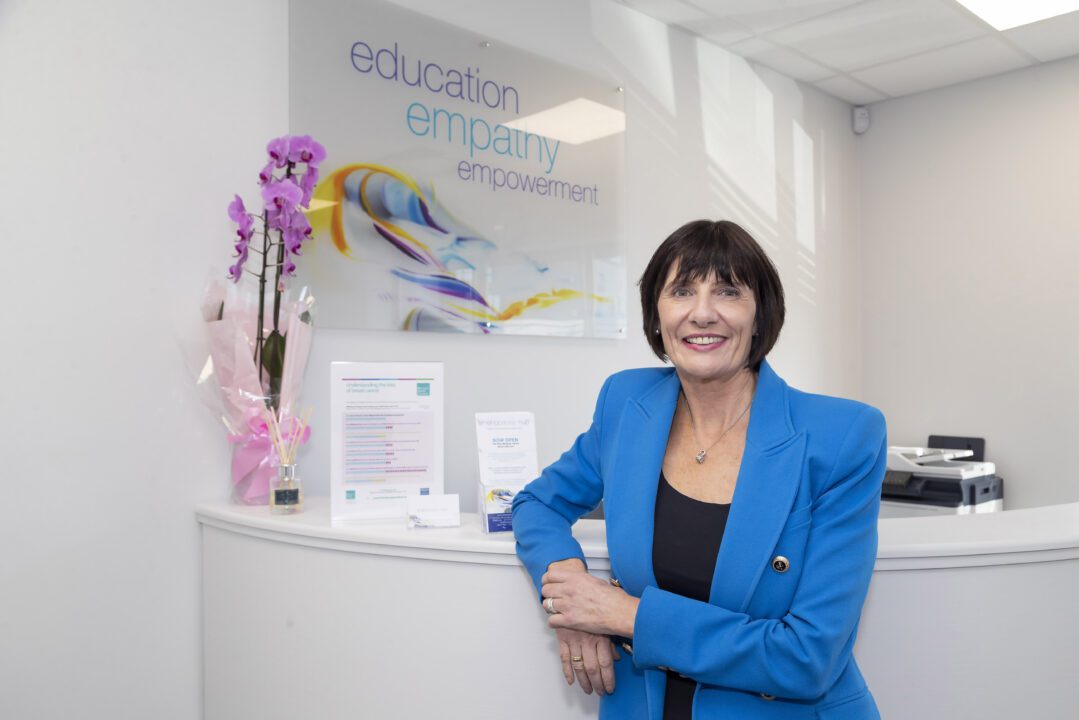Read the full story here.
Irish firms will be better placed to retain female staff through a new accreditation programme helping women cope with debilitating menopause symptoms at work.
The independent programme, run by The Menopause Hub Academy, will recognise organisations that actively support and accommodate employees enduring it.
An online survey last year revealed that symptoms such as anxiety, depression, hot flushes and severe exhaustion caused a third of women in Ireland to consider quitting their jobs, while 84% said menopause affected their performance and ability at work.
“By acknowledging and addressing the physical, emotional and psychological challenges of menopause, organisations can significantly improve the well-being and morale of menopausal employees,” said founder and CEO of The Menopause Hub, Loretta Dignam.
“This, in turn, leads to increased employee engagement, retention and reduced absenteeism and can actively help businesses save money.”
Supermarket giant Lidl, which employs 3,500 women in Ireland, says its current menopause policy has made a “huge difference” and it now intends to apply for full ‘Menopause Workplace Excellence Accreditation’, the country’s first such programme.
“We would be mad as a business to lose any woman who thinks she has to give up work due to debilitating symptoms,” said Chief People Officer for Lidl Ireland and Northern Ireland, Maeve McCleane.
“It has made a huge difference to women not to have the additional anxiety of having to hide their symptoms and even a small thing like changing the shift pattern if a woman is suffering insomnia or fatigue can make their job so much easier.
“We have educated managers on menopause and the symptoms and what reasonable action they can take to help any woman who is suffering.
“The workforce is ageing and we need to future-proof our business to support these women.”
The accreditation programme involves implementing policies, educational and training initiatives and workplace adjustments for small, medium and large businesses.
Measures such as temperature regulation, fans and flexible working hours can also boost productivity.
“Every organisation, whether in the public or private sector, that wishes to become perimenopause or menopause inclusive is eligible to apply,” said Ms Dignam.
“Too often, women are forced to suffer in silence or miss a day’s work while they try to cope with symptoms including hot flushes, anxiety and fatigue, all of which can be alleviated by simple measures and support.”
To gain accreditation, employers are asked to carry out a self-assessment of current policies and practices and develop a menopause policy, including education and workplace adjustment.
They are charged an application fee depending on the size of their workforce and once applications are assessed and approved, they receive an accreditation certificate, which is valid for two years.
Successful firms can display a digital badge on their website and have access to webinars and to the Menopause Workplace Excellence Awards.
The first applications will be assessed by the end of September, with certificates awarded to coincide with World Menopause Day on October 18.
More information on: https://www.menopausehubacademy.com/accreditation
